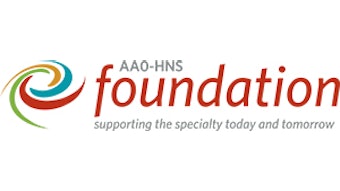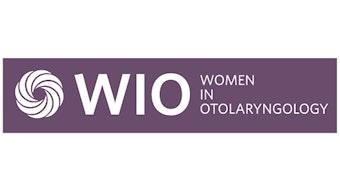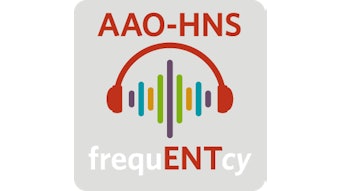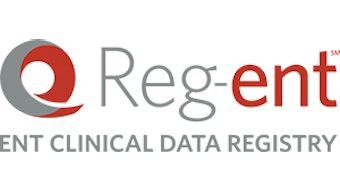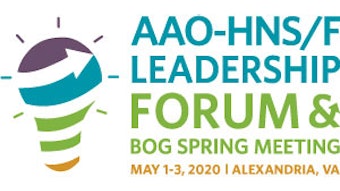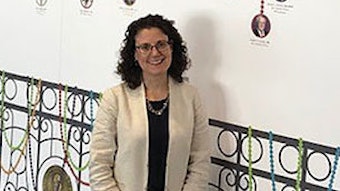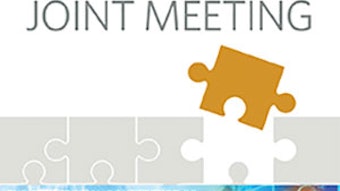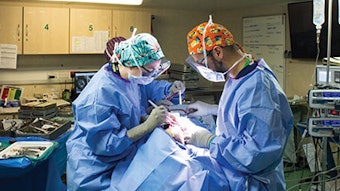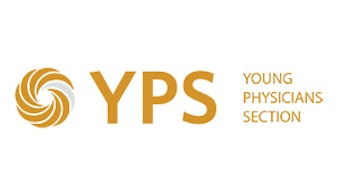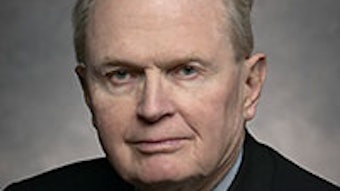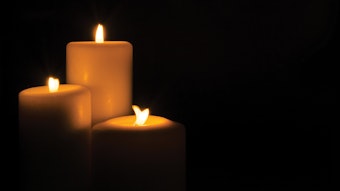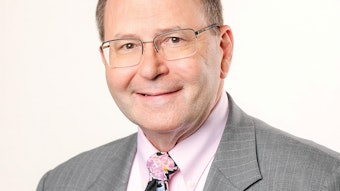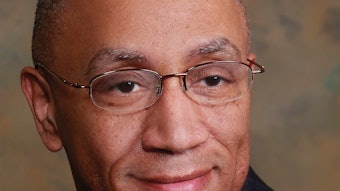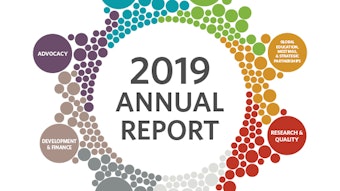Harry Barnes Endowment Travel Grant Recipient 2019: Grant reinforces importance of representation and the Diversity and Inclusion Committee
New Orleans was the landing spot for hundreds of thousands of otolaryngologists around the world to converge for the AAO-HNSF 2019 Annual Meeting & OTO Experience. As it was my first Academy experience, I was bug-eyed and slightly overwhelmed to be one among this teeming group of surgeons. My astonishment was further heightened when I learned later that an appalling 2.3 percent of current otolaryngologists in the United States is African American.
Nneoma Wamkpah, MD
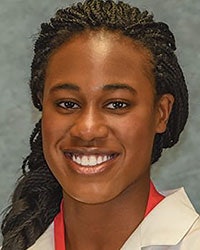
New Orleans was the landing spot for hundreds of thousands of otolaryngologists around the world to converge for the AAO-HNSF 2019 Annual Meeting & OTO Experience. As it was my first Academy experience, I was bug-eyed and slightly overwhelmed to be one among this teeming group of surgeons. My astonishment was further heightened when I learned later that an appalling 2.3 percent of current otolaryngologists in the United States is African American.
My experience began with the Diversity and Inclusion Committee meeting, led by Cristina Cabrera-Muffly, MD. Here, policy matters were discussed with the intention of moving the committee forward. This included the decision to create a task force for LGBT representation in the AAO-HNS/F, whereby I learned the diligent steps it takes to become a group or subgroup in the Academy. Other laudable ideas discussed were the development of a mentorship project for underrepresented minority (URM) physicians at various stages of their career to reach out to other URM physicians for counsel and a team-based learning exercise under development at Baylor College of Medicine’s otolaryngology program, designed to address implicit bias and improve cultural competency. At the conclusion of this meeting, I was enlightened and enthusiastic about the opportunities that await upon membership to the Diversity and Inclusion Committee.
The following day, the Harry Barnes Society luncheon took place at Xavier University. This was a special event bringing together practicing otolaryngologists from academic institutions and private practice, residents and fellows, medical students, and premedical students. The focus of our gathering was community outreach, particularly for the college and medical students. Attending physicians were made accessible to the students and trainees for a brief meeting and sharing of encouragement and advice over a bowl of gumbo. Though the interactions were brief, foundations for communication beyond this weekend were forged. After mingling and introductions, we were treated to a keynote speech by Duane J. Taylor, MD. He shared his experiences with training in America, in a much less tolerant time, acknowledging physicians along his journey who helped him become the role model he is today, President of the AAO-HNS/F.
He emphasized early involvement in the Diversity and Inclusion Committee and continued perseverance through college, medical school, residency, and fellowship, so that the number of minority physicians can continue to grow. Leaving this luncheon, I felt deep appreciation at the path set before me by Dr. Taylor and many others, and excitement for the future after spending time with college and medical students.
The pinnacle event of my Academy experience occurred on Sunday afternoon. Dana M. Thompson, MD, MS, delivered the John Conley, MD Lecture on Medical Ethics. Nearly every seat in the theater was filled in anticipation. The title, “Achieving Parity in Otolaryngology Care: Our Ethical Obligation Beyond Care Access;” the theme, the country’s “trilemma” of equity, parity, and cost. Dr. Thompson began with operational definitions of each of these themes and the current state of affairs in America, which sadly contrasts with solving this trilemma.
She showed us hope through the actions of a few brave pioneers, willing to sacrifice comfort to meet the needs of their patients. Specifically, she shared stories of the three generations of physicians in her family—her grandfather, father, and herself—in helping promote access in a progression from exclusion to segregation, and then segregation to integration. Dr. Thompson told us that the way to move closer to parity is to relinquish our biases in order to better understand our patients’ values, expectations, and needs. Additionally, there is a need to participate in advocacy for our patients to make real change in outcomes.
I thank the Diversity and Inclusion Committee for this special opportunity to attend the AAO-HNSF 2019 Annual Meeting & OTO Experience. As the sole African American in my residency program, it was comforting and invigorating to see so many other URM physicians taking on leadership roles in our field. I am inspired to join the committee as well as participate within the Section for Residents and Fellows-in-Training, to add my voice to the representation of our 2.3 percent.
